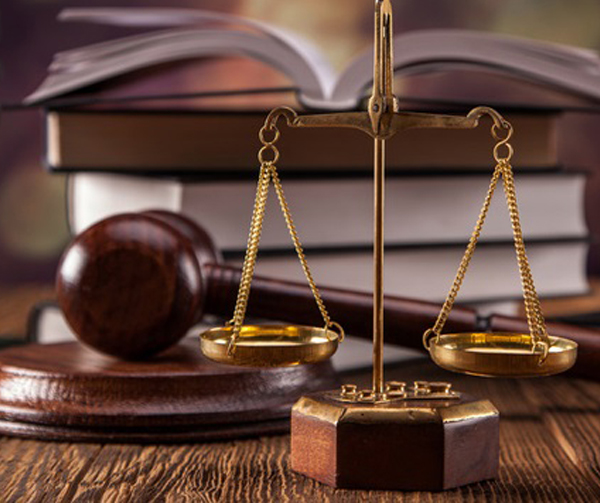Table of Contents
Key Takeaways:
- It is essential to know your rights when faced with criminal charges.
- Essential rights every individual should be aware of.
- How to protect your legal rights effectively.
Introduction: The Importance of Understanding Legal Rights
When facing criminal charges, understanding your legal rights is not just beneficial—it’s crucial. These rights are the bedrock of a fair justice system and can significantly affect the outcome of your case. If you are in such a situation, you may need to hire the law firm near you as soon as possible to protect your rights.
Whether you’re being questioned by law enforcement or navigating court proceedings, being informed about your rights can help you make sound decisions. This knowledge is your first line of defense and can significantly influence the trajectory of your case. Ignorance of these rights can lead to unintentional self-incrimination or acceptance of unjust treatment, making it more crucial to seek legal assistance early on.
Your Right to Remain Silent
One of the most well-known rights is the right to remain silent, derived from the Fifth Amendment. This right means you are not obligated to answer any questions that may incriminate you. Always remember that anything you say can be used against you in court. This protection is critical because it shields individuals from making statements that could be twisted or taken out of context to imply guilt.
Law enforcement officers are trained to extract information, sometimes using methods that can inadvertently incriminate you. By invoking your right to remain silent, you maintain control over shared information and safeguard your defense strategy. It’s essential to clearly state your intention to stay quiet, preferably calmly and respectfully, ensuring your right is unequivocally invoked.
The Right to an Attorney
Under the Sixth Amendment, you have the right to legal counsel. If you cannot afford an attorney, one will be appointed to you. An experienced attorney can help navigate the legal system’s complexities to protect your rights. From the moment of your arrest, having an advocate by your side can make all the difference.
Legal counsel is essential because the criminal justice system is notoriously complex. Attorneys are trained to identify potential violations of your rights, navigate procedural rules, and build a robust defense strategy. They can negotiate with prosecutors, challenge evidence, and represent you in court to ensure you receive a fair trial. Seeking professional legal advice early can significantly affect the outcome of your case and provide peace of mind during an incredibly stressful time.
Protection Against Unreasonable Searches and Seizures
The Fourth Amendment protects individuals from unreasonable searches and seizures. Unless certain exigent circumstances apply, law enforcement must generally obtain a warrant to search your property. These safeguards are in place to ensure privacy and protect from arbitrary intrusions.
This amendment is significant because it limits law enforcement’s powers, requiring them to justify their actions and obtain judicial approval before conducting searches. It ensures that evidence obtained unlawfully cannot be used against you in court, preserving the integrity of the judicial process. Understanding your Fourth Amendment rights enables you to challenge unlawful searches and protect your privacy effectively.
Right to a Fair Trial
As guaranteed by the Sixth Amendment, everyone is entitled to a fair trial. This includes the right to a public trial, an impartial jury, and the opportunity to confront witnesses.
The right to a fair trial encompasses several critical protections to ensure justice. This includes the right to be informed of the charges against you, the right to legal representation, and the right to present evidence and call witnesses in your defense. It also means you can cross-examine witnesses presented by the prosecution. These elements collectively ensure the trial process is transparent, fair, and just, safeguarding against wrongful convictions.
Steps to Protect Your Legal Rights
- Remain Calm and Respectful: Stay composed during interactions with law enforcement. A calm demeanor can prevent escalation and minimize the risk of misunderstandings or confrontations.
- Invoke Your Right to Remain Silent: Clearly state your intention to remain silent until you consult your attorney. This shields you from unintentional self-incrimination and helps maintain the integrity of your defense.
- Request Legal Counsel: If you are taken into custody, ask for an attorney immediately. Legal representation is crucial, as early legal advice can guide your actions and statements.
- Document Everything: Keep detailed notes of all interactions with law enforcement and legal proceedings. Documentation can be invaluable for your defense, providing a record your attorney can reference later.
Conclusion
Knowing and safeguarding your legal rights is essential when facing criminal charges. Equip yourself with this knowledge and seek the assistance of a qualified attorney to ensure your rights are upheld. Remember, your best defense starts with awareness and proper legal counsel.

